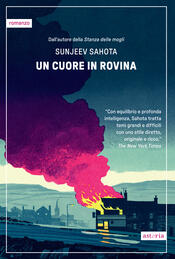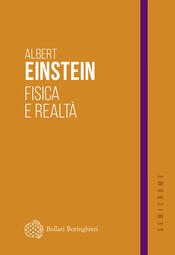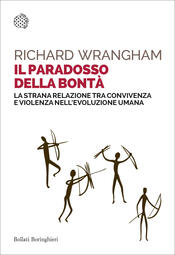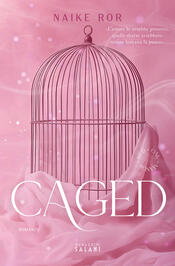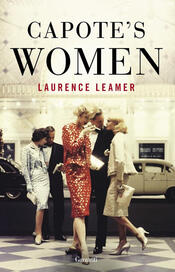

Sinossi
Che cos'è l'aggressività, un istinto o un comportamento appreso? Che cosa distingue la bellicosità tra membri della stessa specie dal comportamento predatorio? C'è una differenza tra l'aggressività nell'uomo e negli altri animali? Perché le manifestazioni violente hanno a volte una forte componente rituale, che non sembra all'opera nella nostra specie? Nel rispondere a queste domande, Konrad Lorenz, sulla scorta di Darwin, ricondusse il comportamento degli animali e quello dell'uomo agli stessi princìpi evolutivi. Raccolte in "L'aggressività", saggio denso e meditatissimo - originariamente pubblicato nel 1963 con il provocatorio titolo "Il cosiddetto male ", le sue tesi continuano ad animare un dibattito appassionato che oltre ai biologi coinvolge scienziati sociali, psicologi e umanisti, e rappresentano un punto di riferimento e un potente stimolo di riflessione per le ricerche successive. I pesci maschi della barriera corallina, in mancanza di rivali dello stesso sesso, arrivano a attaccare le proprie femmine e la prole. Lorenz parte da questo esempio di bellicosità innata, per poi prendere in esame svariati casi di aggressività: dai combattimenti rituali dei lupi e dei leoni alle colonie di ratti, i cui membri sono solidali tra loro ma spietati nei confronti di chi non ne fa parte. L'aggressività, letta in questa chiave etologica, è un istinto che esige una scarica periodica, in competizione con i molti altri istinti animali e umani...
- ISBN:
- Casa Editrice:
- Pagine: 281
- Data di uscita: 08-10-2015
Recensioni
دوستانِ گرانقدر، <لورنز> در این کتاب به مسائل روانشناسی انسان و همچنین بررسی رفتارهای حیوانی و تئوری های غریزه و توارثِ غریزه هایِ حیوانی پرداخته است اگر شما عزیزان با کتابها و نوشته هایِ زنده یاد <فروید> آشنایی داشته باشید، از خواندنِ این دسته از کتابها بسیار دلزده میشوید. چراکه به عنوانِ مثال در Leggi tutto
Lorenz, a famous ethologist and a somewhat controversial figure for his ideas, proposes that human beings, like most of other vertebrates, are inherently aggressive and this aggression is triggered by a variety of situations. Therefore, if we understand the instinctual behavior patterns in animals,
The author was awarded a Nobel Peace Prize for this book. It looks at the functional nature of aggression as it is found in nature in animal populations and explains much of human behavior in the context of its natural root in any society or group. It is fairly easy to read in the first few chapters Leggi tutto
Behavior is not excused or justified but can be explained. Human behavior is no different. Auschwitz is not a German problem, any more than Wounded Knee or the Little Big Horn white or Indian problems. Until we learn to accept the fact that these are human problems we will continue to rationalize th Leggi tutto
I've know about Lorenz since I was a little boy. I remember that when he died, in 1989, the portuguese TV reminded his name in a TV documentary of some episodes about the life of the man that could made little goslings walk beside him and everyone feel fascinated by those pictures. I've heard about i Leggi tutto
'We are stardust. We are golden, and we've got to get ourselves back to the garden."---Joni Mitchell. Sorry, folks, it ain't gonna happen. Konrad Lorenz, a Noble Prize winner and authority on zoology (including us humans) argues, a la' Nietzsche, that the struggle to survive and triumph is built int Leggi tutto
There was a lot of racism here, as well as classism and sexism. The author's thought processes often seemed incomplete and were difficult to follow. Many of the chapters contained very little of the content their titles led me to expect. It felt as though the author was trying to cover too much, and Leggi tutto
Kuulsa etoloogi, kelle kummikutest on kuulnud iga psühholoogiatudeng, kirjutised liigisisesest agressiivsusest kaladel, lindudel ja imetajatel kenasti populaarteaduslikku vormi valatuna. “Selles peitub hea ja kurja tundmise puu sümboolika sügav tõde. Inimesed ajas paradiisist välja tunnetus, mis joht Leggi tutto
Citazioni
Al momento non ci sono citazioni, inserisci tu la prima!




